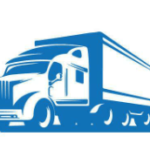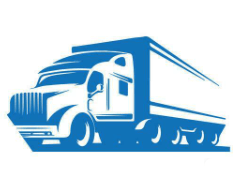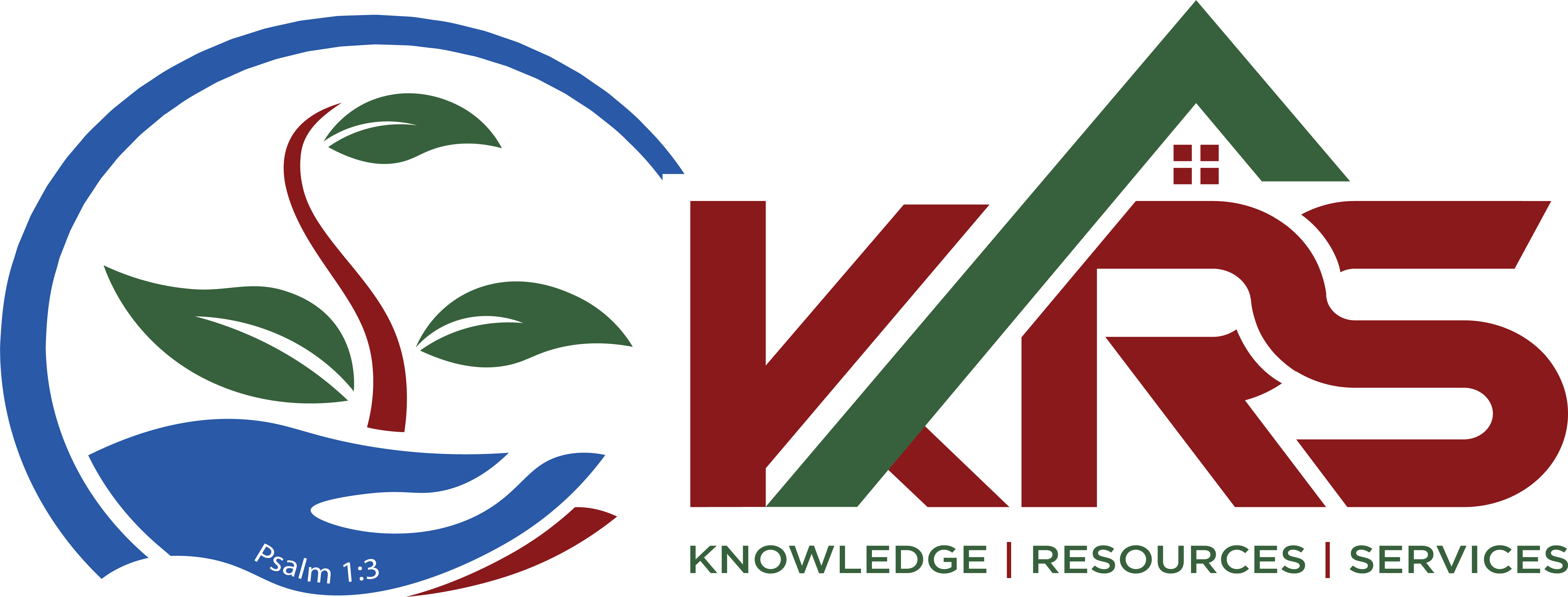What is Motor Truck Cargo Insurance?
Motor truck cargo insurance, “cargo insurance” for short, is a type of inland marine insurance that covers losses arising from damage to goods while they are in transit via a truck. Cargo insurance is one of the 3 pillars that make up a trucking insurance policy, the other pillars being auto liability and physical damage.
As a for-hire trucker, it’s imperative to assure your client that their cargo will make it safely to the destination or that they will be reimbursed if it doesn’t. Any number of things can go wrong for motor carriers while goods are in transit, and you don’t want to ultimately bear the monetary consequences of legal liability for the lost property of others.
Commonly Overlooked Cargo Insurance Coverages
What does cargo insurance cover? A better question might be “What does cargo insurance NOT cover”?. There are usually exclusions on cargo polices that can be covered by adding specific endorsements. So, getting broad cargo coverage is a must!
You’ll want to make sure your cargo is covered for a wide variety of risks. It’s never fun to have some type of cargo loss and then find out there was an exclusion for that loss. Some scenarios to consider would be:
- Stolen or hijacked goods
- Water leaks in the trailer that damage the cargo
- Cargo damage during loading or unloading
- Refrigeration breakdown resulting in spoilage of your cargo
- Loss of freight charges for failure to deliver the cargo
- If your load is strewn about the highway after an accident, you’ll need to make sure you have debris removal (and associated removal expenses associated with pollutants) covered in the policy.
These are just a few perils that might happen to your cargo. Look for broad coverage without exclusions to best protect yourself.
3 questions to ask before getting your cargo policy
- How much cargo insurance do I need?Limits, deductibles, and exclusions can be confusing. How much cargo insurance you need will depend on what you are hauling, as well as the freight coverage limits the shippers and freight brokers will require for the load. You never want to be in a situation where you are carrying cargo and commercial property that’s worth more than your policy limits. Always compare value of the cargo on your bill of lading to your policy cargo policy limits.
- How easy is it to get certificates of your cargo insurance?The last thing you need is to secure a lucrative load but be unable to quickly produce a certificate of insurance to seal the deal. Make sure your insurer can get those to you quickly as part of their insurance services, or better yet, make sure you can get them 24/7 online.
- Can you get new coverage quickly? If you stumble upon a great paying job that involves cargo outside the normal covered property you haul, will your insurance broker be able to help you get additional coverage in a pinch?
Motor Truck Cargo Limits
Insurance companies will only pay up to the maximum limit found in the insurance policy they wrote for you. The federal government only requires a cargo limit of $5,000. This was set a long time ago (1935!) and most policyholders and clients will find such minimum coverage to be unacceptable. Typically, today’s insurance policy limits range from $50,000 to $250,000.
The most common cargo limit is $100,000, and many load brokers will require this amount of coverage for the owner-operators they do business with. Limits above $250,000 are also written, depending on the value of the cargo being hauled. When you pick up the load, your client will want to see a copy of your cargo insurance certificate.








 Whether you are a small business or a large corporation, we can provide you with the amount of funding you need to succeed.
Whether you are a small business or a large corporation, we can provide you with the amount of funding you need to succeed.












